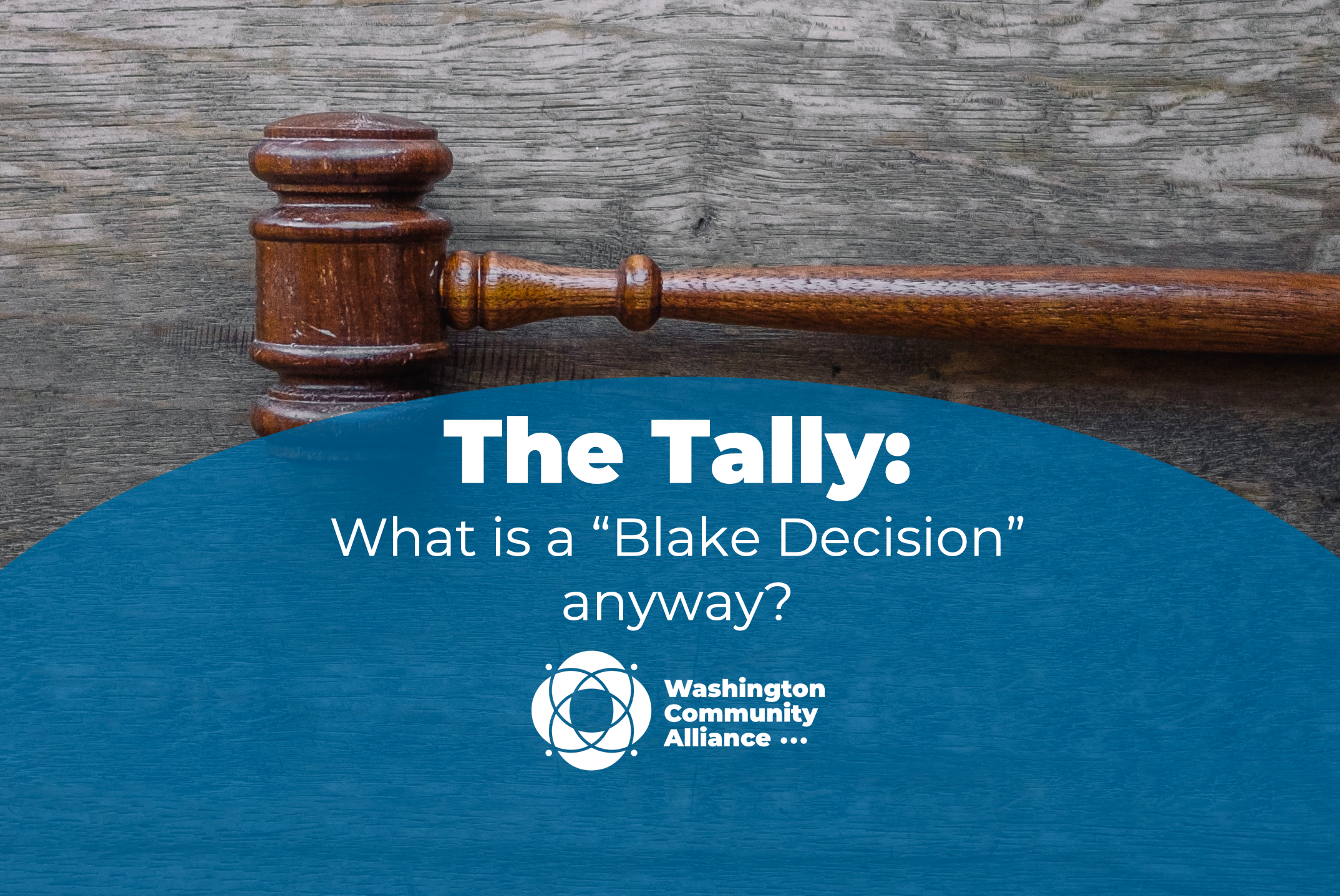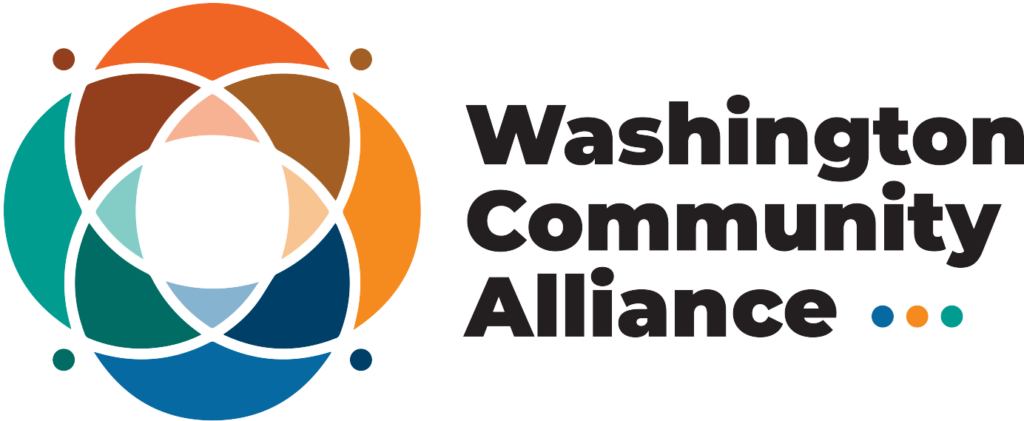
Right in the middle of the legislative session the state Supreme Court, in deciding State v. Blake, decriminalized drug possession. The timing of it all created a legal and resource vacuum that has legislators on the hook and advocates scrambling to ensure communities get justice owed and the services needed to recover. At the intersection of drug policy and public health, criminal justice reform and abolition, state legislative authority and local jurisdiction rights, the debate and legislation around how to address the Blake Decision has raised many difficult questions. Given all that, here are a few things we know for sure:
It’s all Ronald Reagan’s fault.
The issue at hand is rooted in the failed “War on Drugs” that instituted harsh, racist punishments and codified practices like mandatory minimums. The success of this era’s sweeping drug policy, which further criminalized Black and brown communities, was only matched by the concurrent cultural forces that reduced a systemic issue, addiction, into an individual moral failure. After all, how many of you know the phrase, “Just say, ‘No’”?
Criminal charges destabilize people’s lives.
Under the current punitive system, drug convictions result in criminal records that pose barriers to employment, housing, and stability after a person’s prison sentence is completed. This precipitates a cycle of recidivism that is, statistically, nearly impossible to break. And for some immigrants, drug convictions can lead to them being deported and separated from their family.
Treatment is the way to true public safety.
The best way to address drug use is through personal engagement, healthcare, treatment, and recovery services addressing the root causes of addiction. And 71% of Washingtonians agree that this is a much better approach than continuing to invest in policing as our first, and sometimes only, responders to visible drug use.
If the state doesn’t make a choice localities will.
Right now the Senate is considering SB 5476, which aims to expand the law enforcement assisted diversion program (LEAD) statewide and, in so doing, establishes personal use amounts for controlled substances. Senators and drug treatment advocates are aware that if they don’t, they cede that authority to local prosecutors and lawmakers.
The House and Senate are far apart on funding.
Like we noted last week, the chambers’ proposed budgets are about $60 million apart on how to address the Blake Decision. This is because the House budget is aimed at largely helping alleviate local administrative costs associated with reducing and vacating drug charges, while the Senate funds the programming made possible by SB 5476.
The community is divided.
Criminal justice reform advocates oppose SB 5476 because establishing personal use amounts for controlled substances means drug possession over those limits would be recriminalized, meaning more arrests, especially for BIPOC who are already over-policed. Additionally, it increases law enforcement funding in a moment we’re seeking to divest from these racist institutions and practices.
SB 5476 is not an abolitionist solution—far from it. However, it could bring public health resources to many in need. By not weighing in now, the legislature also leaves the door open for cities and counties to bring back war-on-drug era punishments. It would take just one tough-on-crime elected with political ambition to decimate our community. Remember: less than 10 of Washington’s 130+ county council and commissioner positions are held by people of color.
What we know for certain is—no matter what happens with SB 5476—this issue is far from far from resolved. So stay tuned. We’ll keep you posted.
What do you think? Have any questions? Tweet us your thoughts @wacommalliance. Keep up with the action and opportunities to get involved with our legislative newsletter The Tally.

